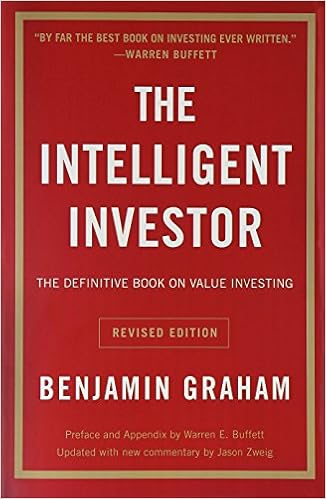Business
6 Wonderful books to become Billionaire

Everyone knows that successful peoples and entrepreneurs always read books. Down below is the list of 6 Wonderful books to become Billionaire.
When Elon Musk is asked how he made rockets, he replies, “I read books”. Billionaire Warren Buffet spends approximately 80% of his with books. Bill Gates read 50 books a year, which is about a book in a single week.
This list of books deals with all important aspects of investing and finance which are highly essential for entrepreneurs.
Here are 6 Wonderful books to become Billionaire:
1. “Irrational Exuberance” by Robert Shiller:

This book is a named take on the world markets’ volatility and latest global economic issues. Robert’s forecast and prediction on the stock market crashes of previous 2 decades go well beyond a basic analysis of the number and record.
In 2013, Robert Shiller received a Nobel Prize for his real analysis of asset-price as a testament to his remarkable knowledge.
Jack Ma’s hiring tip: ‘If you think he will be your boss in five years, hire him’
2. “Worth It: Your Life, Your Money, Your Terms” by Amanda Steinberg:

CEO of the famous financial site “DailyWorth.com”, Amanda teaches women how to live a life on their terms with her economic advice in her book.
Her intelligent, ‘down to earth’ tips and tricks scored her front page coverage in THE NEW YORK TIMES business section.
3. “The Devil’s Financial Dictionary” by Jason Zweig:

Zweig is best author know for his outstanding works on the neuroscience of investing. He is also a popular public speaker.
His book is a quirky dictionary that pokes fun at the twisted fact of Wall Street. It is a guide to help readers survive the dreadful hostilities of financial markets.
4. “How to be a Billionaire: Proven Strategies from the Titans of Wealth” by Martin S. Fridson:

The award-winning analyst Martin Steven is considered one of the founding fathers of the modern bond theories. His precise approach earned him a status of integrity that took him to be number one in his discipline.
His book gives many lighten insights on the successful investing & market strategies and tactics employed by some of the most popular billionaires of all time.
5. “The Intelligent Investor” by Benjamin Graham:

Graham is considered as one of the biggest investment advisors of the 20th century. He is the father of value investing and one of the powerful thinkers of all time.
He helped revolutionize the world currency, also the first who gave the modern concept of value investing in hedge and mutual funds.
His book represents the foundation that much of our contemporary financial theories are built on. Investing genius Warren Buffett said the book(The Intelligent Investor) shaped his professional life.
The 15 best business books to read
6. “MONEY Master the Game: 7 Simple Steps to Financial Freedom” by Tony Robbins:

If you want a financial freedom for you and your family, you must read this book.
This book uses 7 steps from America’s top life and business strategist to explain how to set up a lifetime saving and investment plan.
Robbins is the author of six internationally bestselling books in addition to the most popular personal and professional development program of all time.
How these books help you to become a billionaire:-
Success is not so easy there are many hurdles that we can face for success
Success needs motivation, guidance, and strategies on how to get success in your life these books help you to become a billionaire and provide guidance for success in the following ways
- Books are a source of knowledge information which provide us with basic concepts of fields and help us to take profitable decisions in our business
- These books share the experience of other which help us to make a career without any mistake because the experiences of others help us a decision in any field with fewer chances of mistake
Conclusion:-
These books are very helpful because they boost your cognitive development by stimulating your imagination and providing the foundation for a successful business
This book develops skills in leadership, and administration in you having these skills helps to become a billionaire
Business
The Charm and Convenience of Private Boat Tours and Water Taxis in Venic
-

 News2 weeks ago
News2 weeks agoBlaze ravages apartment complex in Lomita
-

 News2 weeks ago
News2 weeks agoChina’s Communication Satellite is Orbiting the Moon
-

 News2 weeks ago
News2 weeks agoBay Area cancer patient freezes eggs in hopes of future family, but lacks funds for IVF treatment
-

 Entertainment2 weeks ago
Entertainment2 weeks agoDoja Cat claps back at fans criticizing her natural hair
-

 News2 weeks ago
News2 weeks agoAnimal Blessing Ceremony Captured in Photos on Olvera Street
-

 News2 weeks ago
News2 weeks agoIndia’s Silicon Valley Faces Water Crisis
-

 News2 weeks ago
News2 weeks agoTrapped in Baltimore: The Struggle of the Crew Caught in Steel
-

 Entertainment2 weeks ago
Entertainment2 weeks agoActor Cole Brings Plenty, known for ‘1923’, tragically passes away at 27 following accusations of domestic violence.



























